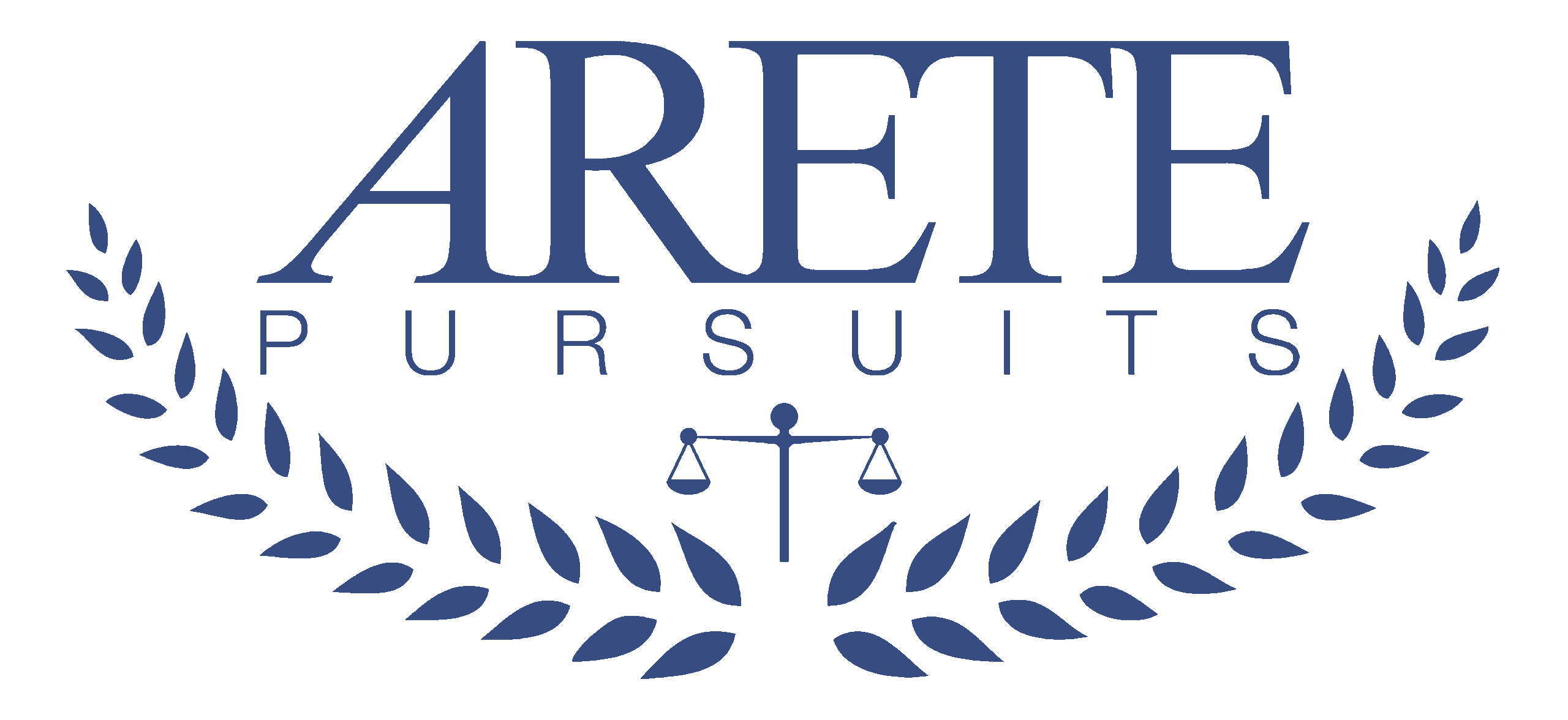I have a Personal Board of Directors. It’s one of my life hacks that consistently captures people’s interest when I mention it. In a recent webinar for Practice, my coaching platform, we took a detour off the main topic because the audience was so curious about the concept.
It’s a straightforward concept. The Board of Directors is a foundational element of most organizations. They provide a strategic perspective to a company, giving access to outside expertise with different viewpoints. They help the Executive Team set goals, provide innovative ideas, and drive accountability. In your quest to be the best version of yourself, I encourage you to adopt a similar model and form a Personal Board of Directors.
My Personal Board of Directors
I’ve been aware of the concept for many years, and in 2020 I finally decided to form my board, about the time I completed my life planning exercise. I had four close friends I trusted entirely and regularly consulted for advice, and they were all happy to join my board.
Initially, we conversed over a group text chat and an occasional email. At first, our discussions were informal, and a logical structure fell into place over time. Now we have a Slack workspace for our conversations, and we meet quarterly for a board dinner where we discuss results from the past quarter and brainstorm goals for the upcoming one. The board helps me generate ideas, strengthens my goals, holds me accountable, and, most importantly, celebrates my successes.
Are you intrigued? Here are some thoughts about forming your board.
Choosing Your Board Members
When forming your board, I encourage you to incorporate diverse viewpoints. Here are some of the different hats my board members wear:
- Cheerleader. Some of my board members have a gift for empathy and support and know when I need encouragement.
- Challenger. One board member takes his Challenger hat very seriously, and I always love seeing what questions he puts forth.
- Executive. One board member is a C-suite leader, and he regularly brings executive subject matter expertise to the conversations that help me strengthen my business.
- Accountability Partner. Setting my goals, sharing them with my board, and reporting on progress regularly drive my accountability. My board asks me when I want them to raise the accountability bar.
- Promoter. As every board member is intimately familiar with my goals and aspirations, they are well-equipped to support and promote me in attaining them. I went from “I’ll be a coach in 3-5 years” to “I’m a coach now, and this will be my full-time job in 3 months,” thanks to one of my board members.
When choosing the members for your board, here are a few things to keep in mind:
- Size. I’d recommend three to five members (plus yourself) to have diverse opinions while keeping it small enough that everyone can contribute. I have four board members (plus me).
- Trust. If you don’t have high trust in a board member, you will not feel comfortable sharing, and they will not feel comfortable giving feedback. Make sure you select people with whom the trust level is high and whom you know will be sincere in supporting you.
- Chemistry. Your board is a team, so there must be trust with the whole team, not just between you and each member. If there’s a trust issue between any of your board members, it will undermine the board’s effectiveness.
- Conflicts of Interest. Consider whether you bring topics to your board that may conflict with a relationship with a board member. For example, perhaps you have a business partner who is also a close friend. Given the close friendship, they may appear to be a great board member. However, you are likely to shy away from bringing topics related to your business to the board if they are a member. What if you want to explore leaving the company?
I have numerous individuals I think of as “special advisors” who don’t sit on my board due to one or more of the reasons above (mostly size). When I seek their advice and support, I view it as bringing in a consultant with specific expertise.
Leveraging Your Board
How will this board support you in your quest to be the best version of yourself? There are many ways they can assist.
- Feedback. Invite your board members to provide feedback early and often, and create a safe space to encourage it.
- Goal-Setting. Leverage your board to help you set your goals, and then update them regularly on your progress (I do monthly report-outs via Slack, and we have a more formal discussion at our quarterly dinner).
- Celebration. Let’s face it – most of us don’t like to brag about ourselves. Your board can be a safe space to do that when you don’t feel comfortable doing it more publicly. They can also look for opportunities to encourage, support, and recognize you.
- Accountability. If you have a plan but are struggling with it, your board can help hold you accountable.
Gratitude
Be sure to acknowledge the contribution of your board members. I’ve found our board meetings serve as an opportunity for learning and growth for all of us, not just me. I return the favor for each of them through coaching when desired and, in some cases, participation in their boards. I find the board dinner is another great way to thank my board for its support. To each member of my board (you know who you are), I thank you from the bottom of my heart for your ongoing guidance, support, and friendship. Your support helps me be the best version of myself every day.
Want to explore this further? Schedule time with me.
Want to comment? Join the conversation on LinkedIn.

